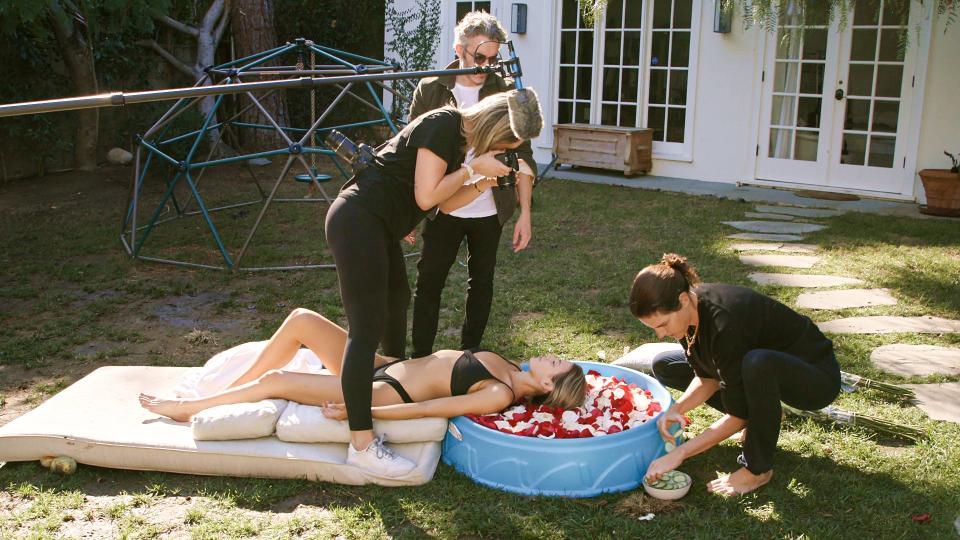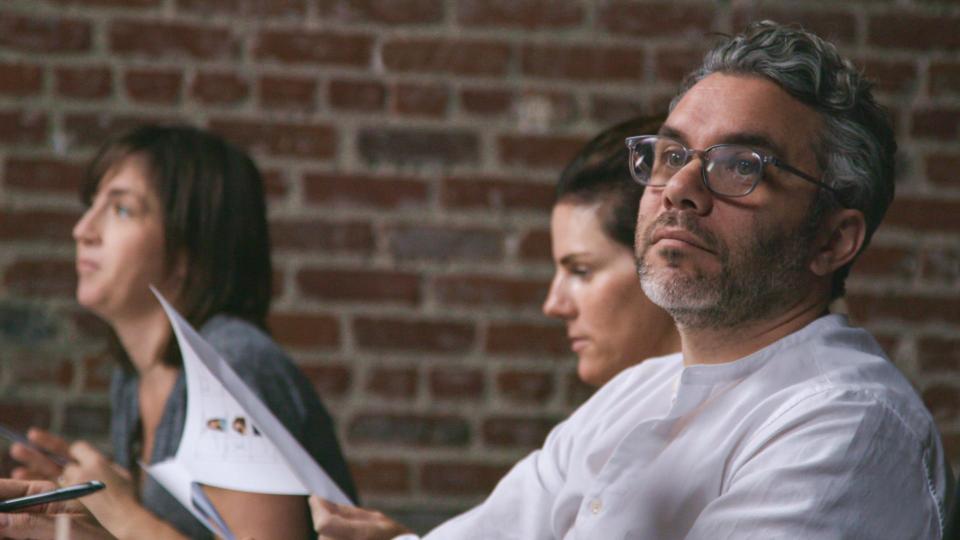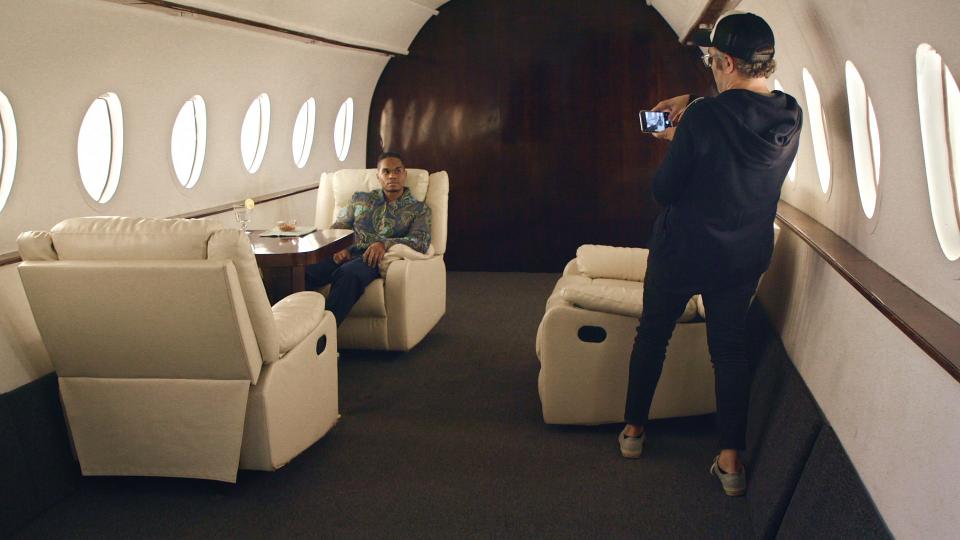HBO's 'Fake Famous': Can unknowns become instant Instagram influencers?
How easily can someone – anyone – become Instafamous?
That's the question journalist Nick Bilton tries to answer in the HBO documentary "Fake Famous" (Tuesday, 9 EST/PST and streaming on HBO Max).
Bilton, a tech reporter and correspondent for Vanity Fair, put out a casting call with one simple question: Do you want to be famous? "We immediately got around 5,000 responses," he tells USA TODAY. (Surely it doesn't hurt that he was searching in L.A.) Bilton's goal was "to show that anyone could do this, essentially," and he looked for people with fewer than 1,000 followers – an unknown by IG standards.
He selected a trio of Los Angelenos and magnified their Instagram presence by purchasing bots (manufactured online personas) as followers, along with comments and likes. Bilton also helped them manufacture a facade of a life that many aspire to. More than half of the 13- to-38-year-olds surveyed for market research firm Morning Consult's 2019 influencer report said they "would become an influencer, given the opportunity."
The 50 best TV shows to watch on HBO Max right now: 'Sex and the City,' 'The Middle'
'Bachelor' recap: Fact-checking a night of wild claims from Victoria, Anna, MJ and Matt

From June 2019 to September 2020, Bilton and cameras followed his subjects – aspirational fashion designer Chris Bailey, struggling actress Dominique Druckman and frustrated personal assistant Wylie Heiner – as their online profiles rose.
The subjects have varying reactions to their social media ascension. One embraces newfound fame, reaping the benefits of free products and brand partnerships; another resents the fabricated following, longing to be more authentic; and a third begins to suffer emotionally when a follower grows suspicious of their sudden popularity.
"We really didn't know what the beginning, middle and end was going to be," Bilton says. "We just went along with it and just saw as it was happening."
Bilton shares more of his unpredictable ride and his relationship with social media below (edited for clarity).
2021 TV premiere dates, including 'The Voice,' 'American Idol': Your favorite shows, new addictions
'RHOC's Kelly Dodd doubles down on COVID-19 criticism on Instagram, loses partnership with Positive Beverage

Question: You say you wanted to prove anyone could do this, but these people are all attractive. Is that something that you were looking for?
Nick Bilton: I think that most of the people who showed up that day ... there's a certain persona, but I think that anyone – no matter what they look like, how old they are – could buy 300,000 followers and get automatic "likes," fake "likes" on their photos and automatic comments and retweets and whatever, and be perceived as a famous influencer.
One thing that was fascinating for us, during the middle of the filming was there was this rise of artificial intelligent faces, and you could create someone that's not even real that's an influencer.
Q: What are the implications of what you found in your experiment?
Bilton: The huge realization I had during the film – beyond just the number of fake followers and fake bots and all this stuff – was how bad the influencer culture makes you feel. I stopped using Instagram for a couple of years ... I remember there was a point where I was pretty depressed and feeling dull, and I didn't realize why. And my wife helped me realize I was looking at these social media accounts with these influencers who are going on all these amazing trips, and I was feeling bad, because I was like: "Wait, I'm just home. I'm just working all the time. I'm not doing what they're doing."
So what does this culture do to teenagers? It must make them feel awful about themselves, and my hope is that as more people start to realize how it's all kind of built on this fake house of cards, (fewer) people want to engage with it.

Q: How would you describe the people who are into becoming influencers?
Bilton: There's a good side and a bad side to all of this. The good side is Black Lives Matter, Iranian revolution, #MeToo movement. The bad side is a bunch of crazy MAGA people storming the Capitol, influencer culture making you feel terrible, the rise of suicide, teen depression. And I don't know how you separate those. I don't know if the platforms have a responsibility, or the people on the platforms have a responsibility to rectify this, but I it's not the people who want to be influencers who are bad; it's the platform that is enabling it ... they hold most of the responsibility here. But at the same time, people who use the platforms need to either not use them or understand that what we're looking at is just completely not real.
Q: I was looking at your own social media accounts. You have more than 255,000 followers on Twitter and more than 157,000 on Instagram.
Bilton: Yeah, but I don't use either of them, because I feel like they're so vapid and gross. For me, I don't feel good on these platforms. They don't make me feel good about myself, and if that's the way I feel, then I'm clearly gonna make someone else feel that way. So I just choose not to engage with them.
'SNL': Machine Gun Kelly literally sweeps Megan Fox off her feet, falls off stage with Pete Davidson
This article originally appeared on USA TODAY: HBO's 'Fake Famous': Nick Bilton filters through influencer culture

